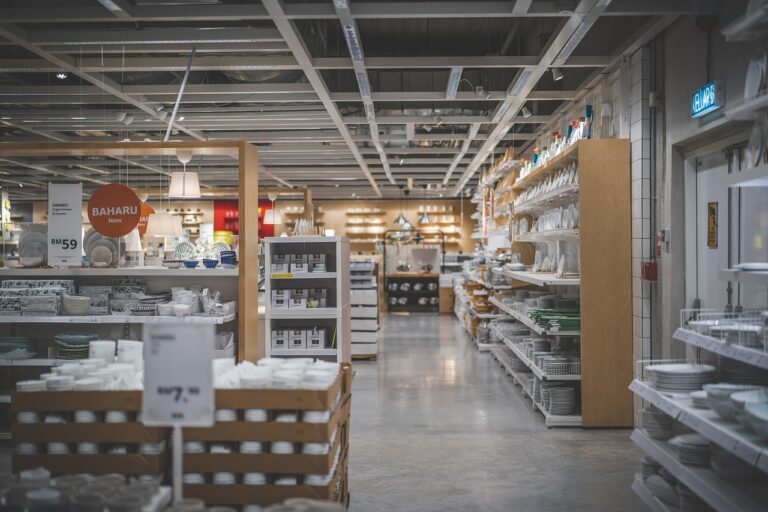The Evolution of Green Retail: Strategies for Sustainable Growth
Green retail is a concept gaining momentum in the modern marketplace due to the increasing awareness of environmental issues. Retailers are recognizing the importance of implementing sustainable practices in their operations to reduce their carbon footprint and contribute positively to the planet’s well-being. This shift towards green retail involves strategies such as utilizing eco-friendly materials, reducing energy consumption, and promoting ethical sourcing practices.
Consumers are becoming more conscious of the environmental impact of their purchasing decisions, driving retailers to adapt to this growing demand for sustainable products and services. As a result, many businesses are incorporating eco-friendly initiatives into their business models to attract environmentally conscious customers and differentiate themselves in the market. Implementing green retail practices not only benefits the environment but also enhances brand reputation and fosters a sense of social responsibility among consumers.
Importance of Sustainability in Retail
Sustainability in retail has become increasingly significant as consumers are seeking eco-friendly products and responsible practices. Retailers are recognizing the importance of adopting sustainable strategies to meet the demands of a more environmentally conscious customer base. Whether it is reducing carbon footprint, implementing recycling programs, or sourcing ethically produced goods, sustainability has become a key factor in the success of retail businesses.
Moreover, integrating sustainability in retail operations not only benefits the environment but also contributes to long-term profitability. By incorporating sustainable practices, retailers can enhance their brand image, attract more customers, and build loyalty among environmentally conscious consumers. Ultimately, embracing sustainability in retail is not just a trend but an essential component of staying competitive in the market and fostering a sustainable future.
Historical Development of Green Retail
Throughout history, the concept of green retail has evolved in response to increasing awareness of environmental issues and sustainability. In the early stages, green retail focused on individual efforts to minimize waste and promote eco-friendly products. However, as global concerns about climate change and resource depletion have grown, the retail industry has faced mounting pressure to adopt more comprehensive green practices.
The emergence of eco-friendly consumer preferences and stringent regulations has pushed retailers to reevaluate their operations and implement sustainable strategies. From incorporating renewable energy sources to minimizing packaging waste, green retail has become a strategic imperative for businesses looking to align with changing consumer expectations and demonstrate corporate responsibility. In response to these demands, many retailers have embraced sustainable practices as a core part of their business model, signaling a shift towards a more environmentally conscious future in the retail sector.
• As global concerns about climate change and resource depletion have grown, the retail industry has faced mounting pressure to adopt more comprehensive green practices.
• The emergence of eco-friendly consumer preferences and stringent regulations has pushed retailers to reevaluate their operations and implement sustainable strategies.
• From incorporating renewable energy sources to minimizing packaging waste, green retail has become a strategic imperative for businesses looking to align with changing consumer expectations and demonstrate corporate responsibility.
• Many retailers have embraced sustainable practices as a core part of their business model, signaling a shift towards a more environmentally conscious future in the retail sector.
What is the main focus of green retail?
The main focus of green retail is to promote sustainability and reduce the environmental impact of retail operations.
Why is sustainability important in retail?
Sustainability is important in retail because it helps to minimize waste, reduce energy consumption, and promote ethical and responsible business practices.
How has the concept of green retail evolved over time?
The concept of green retail has evolved over time as consumers have become more conscious of environmental issues and demand more sustainable products and practices from retailers.
What are some examples of green retail initiatives?
Some examples of green retail initiatives include using eco-friendly packaging, implementing energy-efficient practices, and sourcing products from sustainable suppliers.
How can retailers benefit from adopting green practices?
Retailers can benefit from adopting green practices by attracting eco-conscious consumers, reducing costs, and enhancing their reputation as environmentally responsible businesses.




